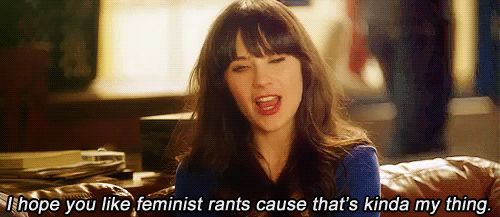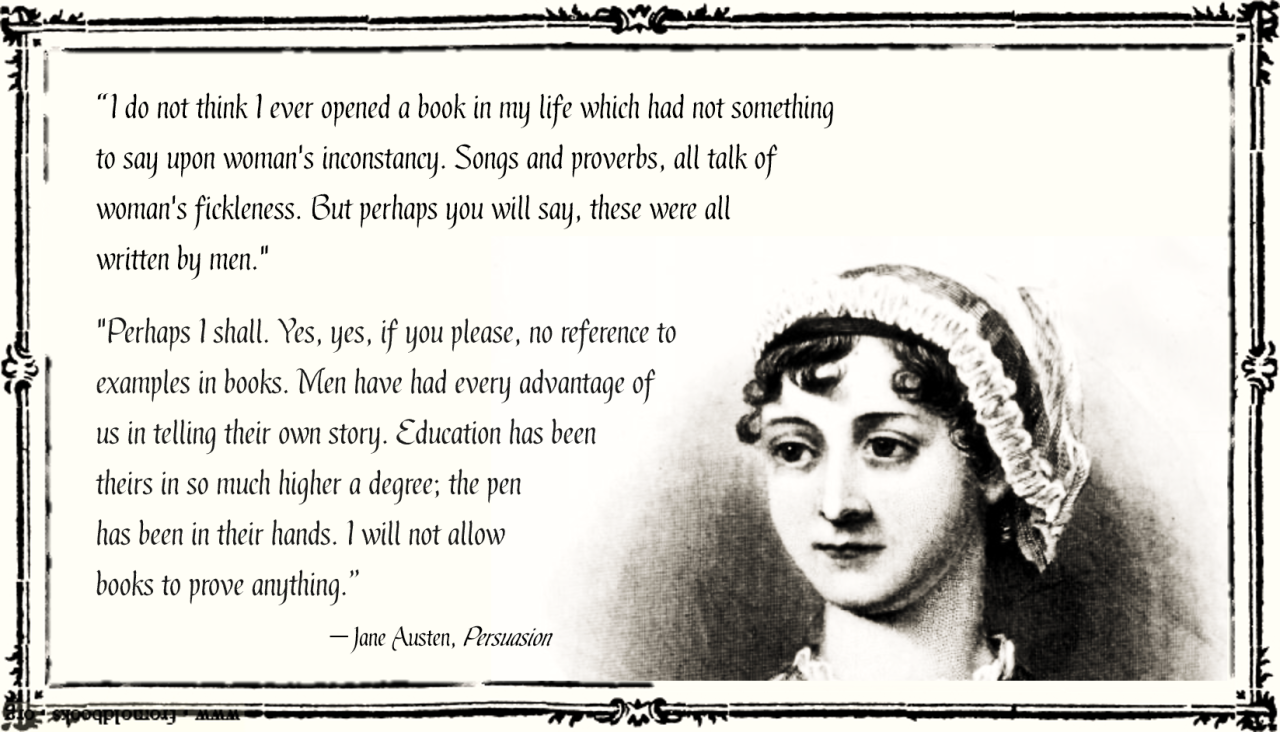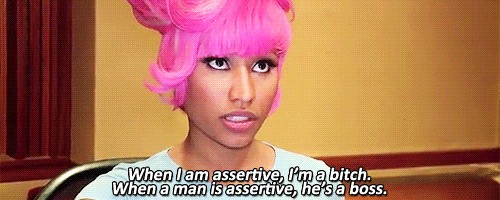"We love eloquence for its own sake, and not for any truth which it may utter, or any heroism it may inspire."
I personally agree with Thoreau's statement. I think that he states an important truth about human nature in this quote-our love of finery. While this finery is obviously pretty things like nice furniture, tasty food, etc-I think it also includes the little things-like adding a ribbon to a gift, or putting sprinkles on a cake. We don't love these things because they're useful (sometimes they cause more trouble than they may seem worth), we just simply love them. In the book 1984, Winston finds a paper weight that is pretty to look at. The decorations were pretty but served no real purpose, and yet he still liked.
Obviously Thoreau was not thinking about cake or ribbon, but instead the state of government. By the time the piece was published, America had changed-the ideals of the Patriots were different than those of his time. And yet, from what he describes, the laws are still the same, the expectations are still the same. Everything in the American government is coated with tradition and sentiment. But what's the point of this eloquence? What's the point if everything has changed? Why keep up with the same fancy traditions and rituals in a different environment?
It's not because it offers truth-Thoreau points out that there are laws that men don't agree with, that might be considered tyranny because it is causing civil disobedience. "All men recognize the right of revolution; that is, the right to refuse allegiance to, and to resist, the government, when its tyranny or its inefficiency are great and unendurable. But almost all say that such is not the case now. But such was the case, they think, in the Revolution of '75." The love of eloquence does not provide truth; by trying to uphold old morals, the truth of what is happening at the current moment is hidden.
The old ideals of America (the old eloquence) bring honor and heroics-standing up to a large enemy and fighting for freedom are considered basic parts of the life of the American solider, for example. There's this thing in America that young people are pushed to be heroic, when some people are simply just there. And there's nothing wrong with that. It was the same in Thoreau's time: "'I should like to have them order me out to help put down an insurrection of the slaves, or to march to Mexico."' But are these young people aspiring to be heroes by upholding old American ideals? Or are they just trying to have people see them as such?
Clearly, we must just love eloquence. We love the idea of an America that stands true, one would say, to the ideas and heart that it had at it's beginning. Even though times have changed, overall the meaning behind America, the beliefs in freedom and equality for all are still important. But these ideals are not often met. Who knows if they ever will be? So we continue to love this eloquence just because we can. Our love of what some consider too good to be true, too idealistic, not useful, is important. It's our own civil disobedience.
Wednesday, January 27, 2016
Tuesday, January 26, 2016
The Declaration of Sentiments vs The Declaration of Independence: AKA When Elizabeth Cady Stanton Dragged Thomas Jefferson

There's nothing I like more than reading early feminist works. It's proof of how crappy women have been treated-women were not content to be pushed aside, even if that's "how things we're done". Women have been angry and will be angry when they are treated as less than a person, and yet this continues to happen. It's been happening since long before the Seneca Falls Convention and will probably last for much longer as well.
During the 1840s and 1850s, women were expected, more than ever before, to be docile, sweet, and unthinking. They were treated like they weren't people-because in the eyes of men, if they weren't men as well, they didn't matter. However, it was also a time of reform, and the women of the Convention decided that men would never listen to a woman speak, but they would read her words instead, especially if written in the same style as the male Thomas Jefferson's Declaration of Independence. Stanton, the main writer, was gutsy-she made the men of the era look at what they believed and forced them to ask why, if women felt the same, were they not allowed to want the same freedom fought for in the Revolutionary War?
The two Declarations were written in a complete parallel style-the introduction, the list of wrongdoings, and what the injured parties were going to do as a result. Stanton dared to think and write "like a man". Both began the Declarations with the words "When, in the course of human events...", and both also agreed that it is the nature of humans to accept abuse, rather than fight it. They only would fight it if it got far too unjust. But then, what makes it different?
The purpose, to be honest. They were both Declarations of freedom, but the Declaration of Sentiments was made up of the words of people who still were not receiving the freedom won in the Revolutionary War. Stanton compares man to the King (who Jefferson describes as a tyrant), and compares the family man to being the cause of injustice.
Stanton was just a badass, let's be honest. She essentially was like, "Look. We get the short end of the stick. We always have, and we always will unless you guys stop treating us as stereotypes." She wrote the Declaration to say, yes, technically we have not been taxed or forced off of land, but we are never seen as people, we are only ever seen as what we sacrifice and produce and give. And if a woman does not want to give away what she has, she is shamed into doing it or it is simply taken. What's worse is that it's like that today. The points Stanton made are still important signs of the inequality between men and women.
Men are encouraged to sleep around, women are shamed to stay virgins. Men are treated seriously in the workplace while women are called sweetheart. Men are encouraged to get educated, while women are shamed for being smart and for liking science.

We do twice as much to be seen as somewhat like a man. We are shamed for our femininity and because we do not identify as males, we are treated like there is something wrong with us. We're seen as sex objects, child bearers, cooks, cleaning staff, homemakers, and child raisers. Even our bodies are seen as someone else's property.
Take this article, "5 Reasons to Date a Girl with an Eating Disorder." (http://www.returnofkings.com/21313/5-reasons-to-date-a-girl-with-an-eating-disorder) I'm not sure if the author thought this was funny, but the idea of a woman being sick and unconfident is ridiculous apparently. (I know this is not like the Declaration but I thought it was clear proof of how women are just seen as objects, not as people.) It literally says that "An inflated ego and an unearned high self-esteem are among the most unattractive traits in a girl." You can't tell me that after reading that I am seen as a person and not as someone else's object.

Monday, January 25, 2016
First Post of 2016
Wow, it's been a while since we wrote on these blogs. The title of my blog post has really nothing to do with the post itself, but I'm not good at titling things. At least that title won't be wrong.
So today we read letters from John Adams to his wife Abigail Adams. We discussed the use of punctuation and capitalization in class, because trying to find a meaning in hard. These were personal letters, and in personal letters and emails, we don't focus on trying to come up with a thesis or argument, it's just communication without actually talking.
So the letters didn't have a purpose, but they did have meaning. They reflected an America that was on the brink of creation-we were still colonies at that point. Though their letters discussed some cool early ideas of feminism (not beating your wives and daughters-who woulda thought?), that isn't what I'm going to right about. Instead, I'm going to discuss a quote from (I think) John's letters:
"Whenever Vanity ad Gaiety, a Love of Pomp and Dress, Furniture, Equipage, Buildings, great Company, expensive Diversions, and elegant Entertainment get the better of the Principles and Judgements of Men or Women there is no knowing where they will stop, nor into what Evils, natural, moral, or political, they will lead us." (pg. 538)
What a line, am I right? (I'm not going to discuss the punctuation of the quote, but wow. He put a lot of emphasis on key words by capitalization. It sounds like he's giving a speech.) Twin was saying how he was an early thinker for his time, and she was right. The colonies were starting to rebel and people were starting to use their voices, it's true. But a lot of people still saw the wealthy as better than them-well, they have more money, they must be better. Yet John Adams saw the correlation between selfish rulers and unhappy subjects. While he was reflecting on the actions of imperial control, where absolute power was leading the monarchy to take and take and take, causing the colonies to suffer, it is a key moment of self realization. John Adams couldn't have been the only person to think like this-it reflects the self realization of colonists and people as a whole, really, as well.
But what does it really mean? I think it reflects human nature. Humans by nature want to be comfortable and protected. We want to survive and raise offspring in healthy environments. Essentially, we want to be able to live easy, happy lives. It's not necessarily laziness or greed that causes the problems Adams reflected on, though that could be a cause of it. There's this term called defensive eating, and it's when a person will eat despite being full so that no one else can eat that leftover bit. (Pretty much me and dumplings. I don't care if I'm full. I want it.) I think people are just like that in general. They worry when something is taken from them, even if it's not really taken. What I mean to say is, if someone with hundreds of books sees someone work hard and hard for just one book, instead of being happy for them, they see that as a book stolen, which just isn't how it works. People become accustomed to having so much, so that when others fight for just a fraction of what they have, they see it as a personal attack.
It's even happening today. People like Trump are upset that the impoverished just want to be able to survive, while his lifestyle would support thousands. Leaders focus so much on their wealth and lifestyles that they seem to ignore what it does to the people they lead.
So today we read letters from John Adams to his wife Abigail Adams. We discussed the use of punctuation and capitalization in class, because trying to find a meaning in hard. These were personal letters, and in personal letters and emails, we don't focus on trying to come up with a thesis or argument, it's just communication without actually talking.
So the letters didn't have a purpose, but they did have meaning. They reflected an America that was on the brink of creation-we were still colonies at that point. Though their letters discussed some cool early ideas of feminism (not beating your wives and daughters-who woulda thought?), that isn't what I'm going to right about. Instead, I'm going to discuss a quote from (I think) John's letters:
"Whenever Vanity ad Gaiety, a Love of Pomp and Dress, Furniture, Equipage, Buildings, great Company, expensive Diversions, and elegant Entertainment get the better of the Principles and Judgements of Men or Women there is no knowing where they will stop, nor into what Evils, natural, moral, or political, they will lead us." (pg. 538)
What a line, am I right? (I'm not going to discuss the punctuation of the quote, but wow. He put a lot of emphasis on key words by capitalization. It sounds like he's giving a speech.) Twin was saying how he was an early thinker for his time, and she was right. The colonies were starting to rebel and people were starting to use their voices, it's true. But a lot of people still saw the wealthy as better than them-well, they have more money, they must be better. Yet John Adams saw the correlation between selfish rulers and unhappy subjects. While he was reflecting on the actions of imperial control, where absolute power was leading the monarchy to take and take and take, causing the colonies to suffer, it is a key moment of self realization. John Adams couldn't have been the only person to think like this-it reflects the self realization of colonists and people as a whole, really, as well.
But what does it really mean? I think it reflects human nature. Humans by nature want to be comfortable and protected. We want to survive and raise offspring in healthy environments. Essentially, we want to be able to live easy, happy lives. It's not necessarily laziness or greed that causes the problems Adams reflected on, though that could be a cause of it. There's this term called defensive eating, and it's when a person will eat despite being full so that no one else can eat that leftover bit. (Pretty much me and dumplings. I don't care if I'm full. I want it.) I think people are just like that in general. They worry when something is taken from them, even if it's not really taken. What I mean to say is, if someone with hundreds of books sees someone work hard and hard for just one book, instead of being happy for them, they see that as a book stolen, which just isn't how it works. People become accustomed to having so much, so that when others fight for just a fraction of what they have, they see it as a personal attack.
It's even happening today. People like Trump are upset that the impoverished just want to be able to survive, while his lifestyle would support thousands. Leaders focus so much on their wealth and lifestyles that they seem to ignore what it does to the people they lead.
Subscribe to:
Posts (Atom)